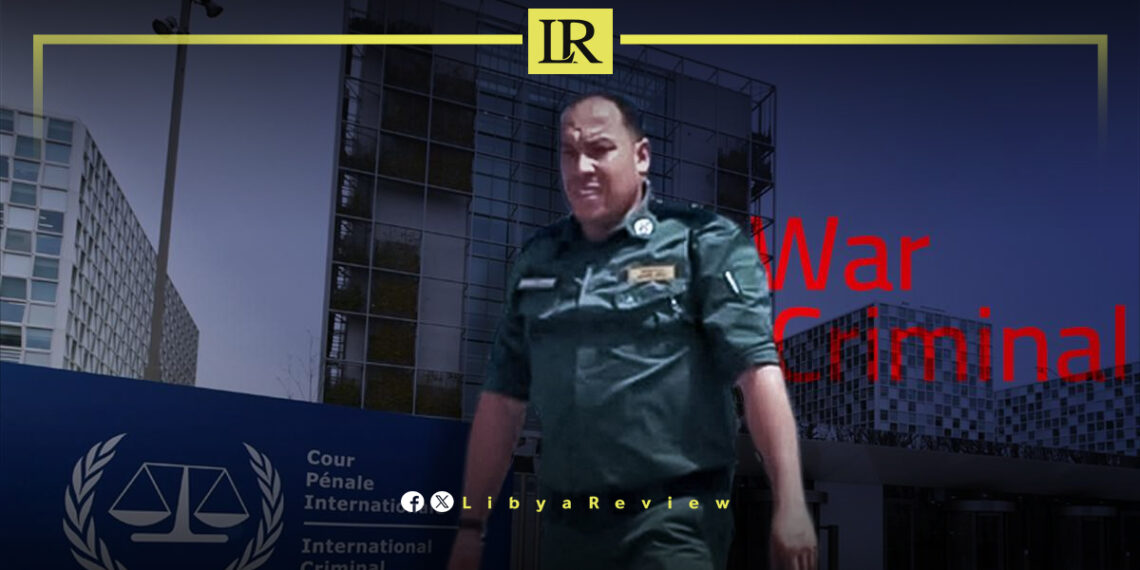Eight human rights organizations from Libya, Italy, and the broader region have issued a joint statement condemning the decision of Italian authorities to release Osama Najim, who was arrested in Turin under an arrest warrant issued by the International Criminal Court (ICC).
The statement criticized the decision as a “hasty move that undermines the principles of international justice,” raising concerns about Italy’s commitment to its international legal obligations.
According to the statement, Najim is accused of crimes against humanity and war crimes, including murder, torture, rape, and sexual violence, allegedly committed in Libya since February 2015. Despite the gravity of these allegations, Italian authorities released him without implementing precautionary measures to prevent his return to Libya. This, the rights groups argue, facilitates his escape from accountability.
The statement also highlighted that this action reflects Italian complicity in enabling human rights abuses in Libya, particularly in light of the longstanding cooperation between Italy and Libyan authorities. Furthermore, it noted that releasing Najim signals unconditional Italian support for the Libyan authorities, undermining efforts to uphold international justice.
The rights groups called on Italian authorities to provide a transparent explanation for Najim’s transfer to Libya and to refrain from similar actions that could obstruct future accountability efforts.
The organizations that signed the statement include the Cairo Institute for Human Rights Studies, Justice for All Association, Italian Association for Recreation and Culture (ARCI), Association for Legal Studies on Immigration (ASGI), Center for Immigration Asylum and International Cooperation (CIAC Impresa sociale ETS), Euro-Mediterranean Human Rights Network, Crimes Monitoring in Libya, and the Libyan Platform Coalition.
Libya has been in chaos since a NATO-backed uprising toppled longtime leader Muammar Gaddafi in 2011. The county has for years been split between rival administrations.
Libya’s economy, heavily reliant on oil, has suffered due to the ongoing conflict. The instability has led to fluctuations in oil production and prices, impacting the global oil market and Libya’s economy.
The conflict has led to a significant humanitarian crisis in Libya, with thousands of people killed, and many more displaced. Migrants and refugees using Libya as a transit point to Europe have also faced dire conditions.
The planned elections for December 2021 were delayed due to disagreements over election laws and the eligibility of certain candidates. This delay has raised concerns about the feasibility of a peaceful political transition.
Despite the ceasefire, security remains a significant concern with sporadic fighting and the presence of mercenaries and foreign fighters. The unification of the military and the removal of foreign forces are crucial challenges.


